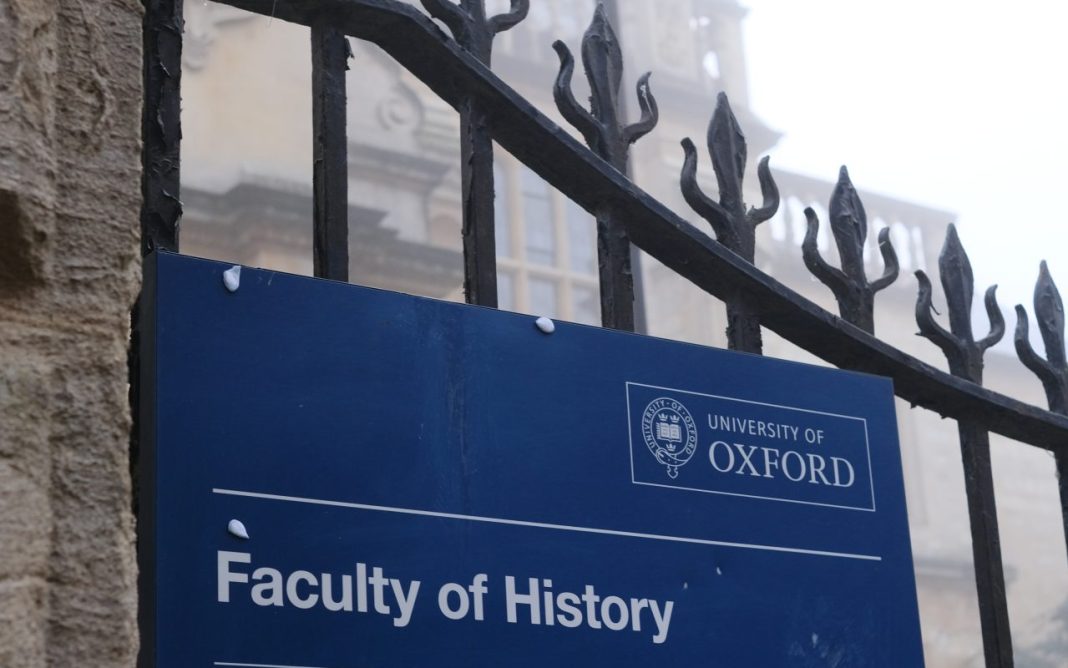A little more than two years ago, I would have never imagined myself writing this article. Applying to Oxford on top of a busy work week, and cramming History Admissions Test (HAT) past papers whenever I could, I’d have welcomed the recent news that the Faculty of History is considering scrapping its entrance exams.
If you had told me, in the future, I would be advocating for prospective students to go through the same gnarly experience, I would assume I’d gone a little mad.
But here we are. After the fiasco this October, in which applicants for History and joint honours degrees had their exams delayed or cancelled due to issues with the new online provider, the Faculty of History has announced it is exploring new options for the future of the exam. One of these is for the department to follow in the footsteps of others, notably the English Faculty last year, and remove it altogether.
At first this might make sense. The entrance exams are a massive commitment for prospective students, one that distracts from their school work, all for a university place they may not get. You would think that a personal statement, written work submission and the interview are more than enough to determine the candidates with the most potential. However, to remove the HAT would be a mistake, one that makes the Oxford admissions process less meritocratic.
Some context for those who have not had the pleasure. The HAT is an hour-long exam, in which applicants are given a primary source from an unfamiliar period of history and asked to write an essay in response to a question. As a result, it does not test a student’s historical knowledge, but instead their skill in comprehension, analysis, and presentation. This provides students from diverse backgrounds an opportunity to showcase their raw talent, compared to the knowledge-focussed personal statement and interview which favour those who have had a more guided education.
In terms of resources, the HAT is the most level playing field that students will experience during their application process. All applicants have access to the same number of past papers and mark schemes explaining what makes an exemplary answer.
In contrast, the criteria for a good interview performance, as much as one might try to watch every Matt William’s access video on YouTube, is more nebulous. This stands to the benefit of schools that regularly send large chunks of their cohort to Oxford. Their larger pool of Oxford alumni and closer ties to the institution provide greater access to unofficial tips and strategies for succeeding in interviews.
Of course, the advantages of better resourced schools pervade the HAT as well. Private schools often run Oxbridge programs with exam preparation classes and marking for practice tests.
But the HAT and similar tests at least provide a crucial opportunity for students’ work to speak for itself, without the polish teachers can add to a mediocre personal statement or the overconfidence in the interview installed by expensive schooling. Removing the HAT, then, would not only reduce the number of chances a student has to demonstrate their potential, but would make them do so in a format that favours the privileged even more than it previously did.
It’s a long way to go before Oxford offers reflect pure merit – that is why initiatives such as Oxbridge Launchpad and Oxford’s Astrophoria Foundation Year are so important and should be expanded. Whilst the History Faculty is right to reconsider how it implements the HAT, simply scrapping it won’t do any good.
Have an opinion on the points raised in this article? Send us a 150-word letter at [email protected] and see your response in our next print or online.


